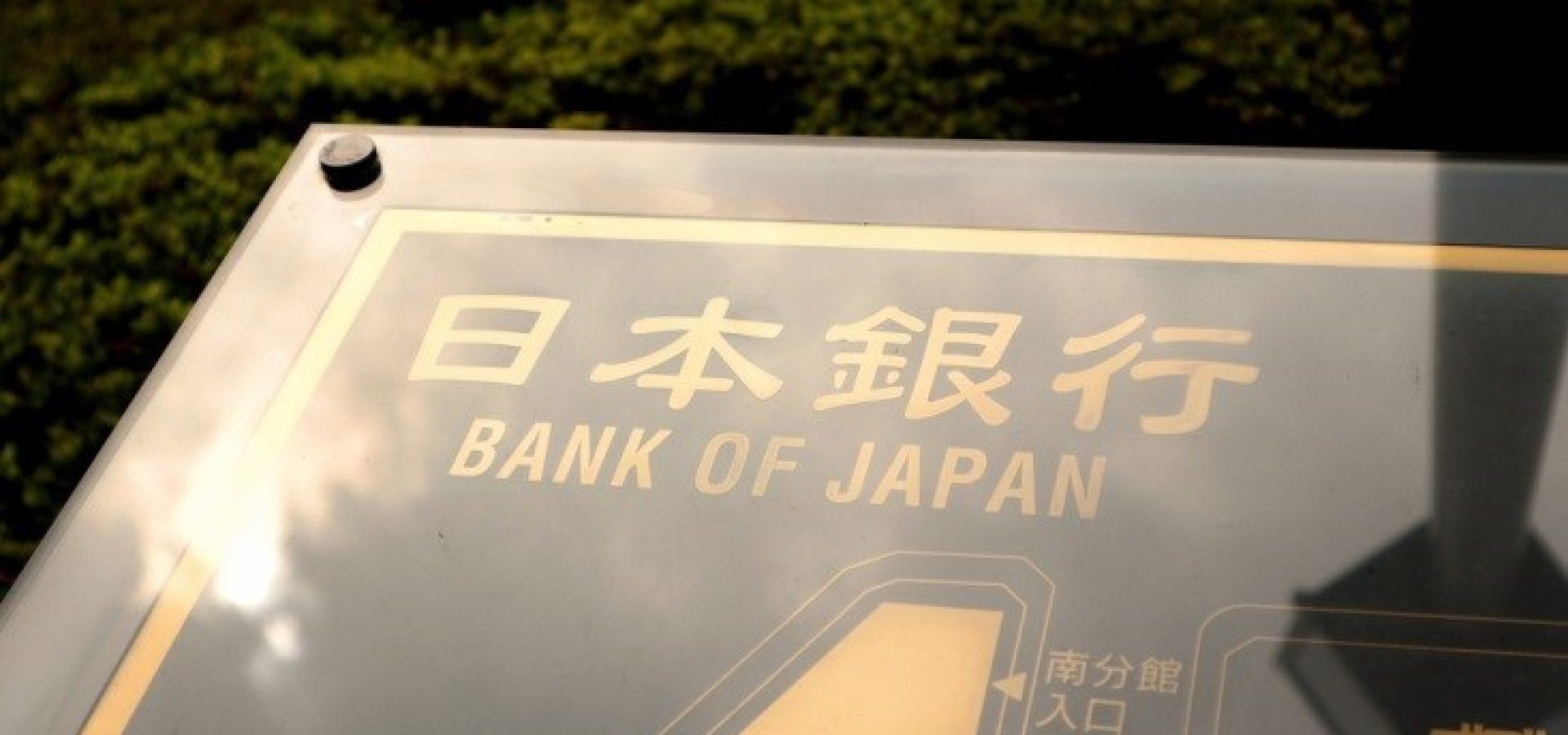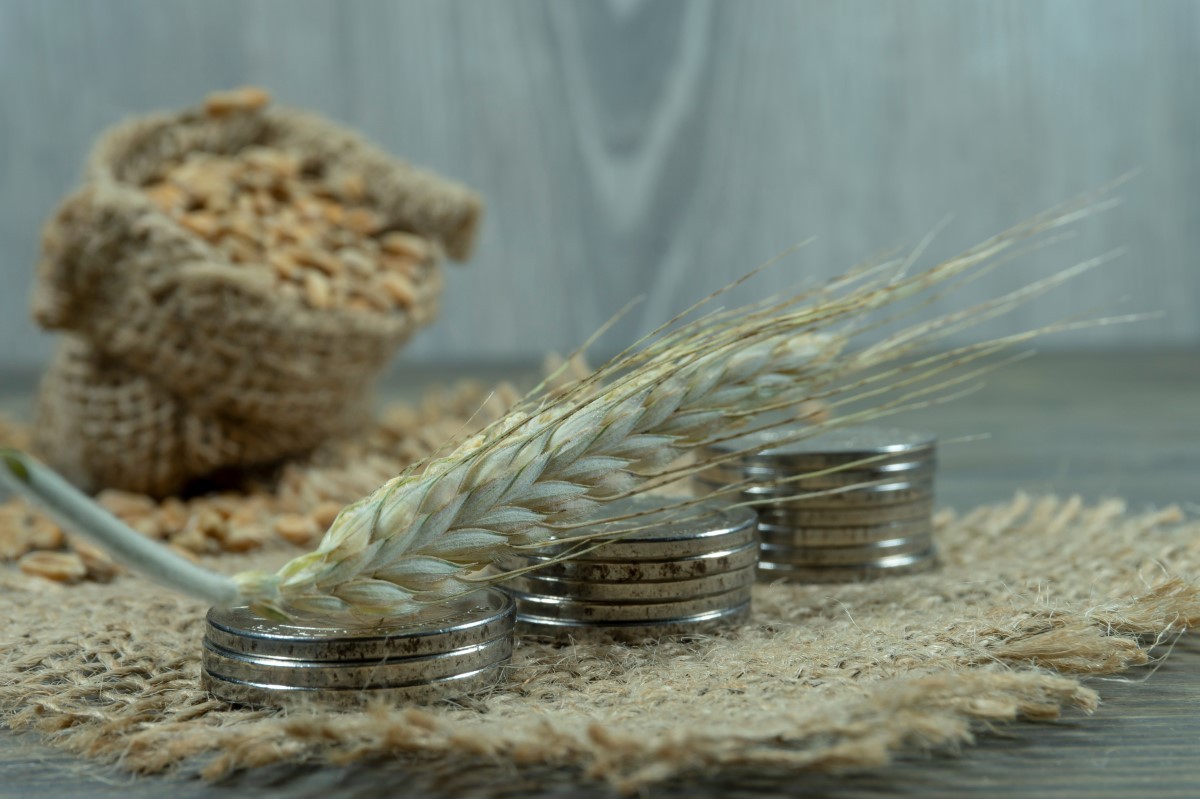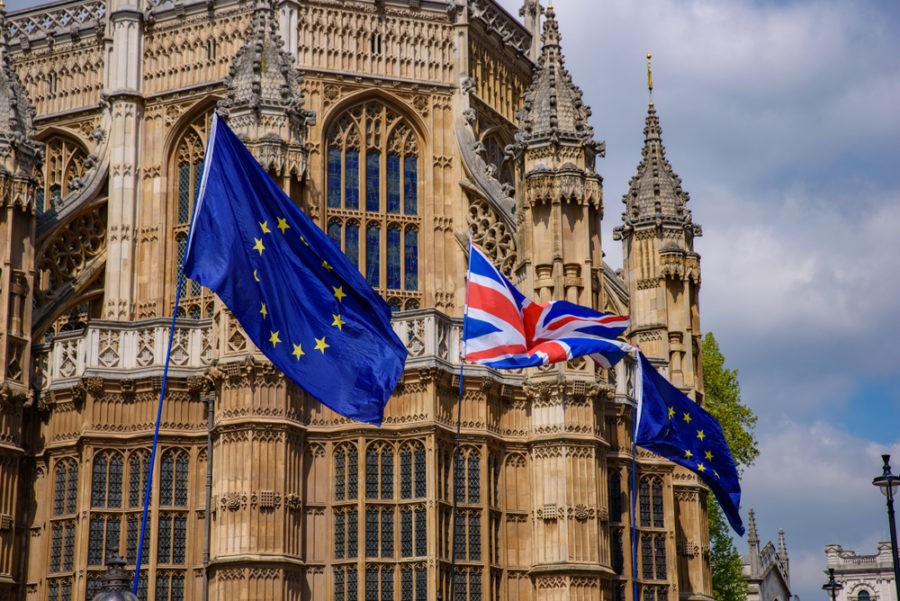The Bank of Japan retain its policy settings at its meeting this week, according to economists in a poll, amid stronger speculation that the BOJ will eventually use greater flexibility in yield movements as a tightening measure.
[img desc: Bank of Japan Maintains Policy Stance, Centers on 10-Year Yield Range]
All 46 analysts that were surveyed say they expect to see no change in monetary policy at the end of the two-day meeting on October 31. Of those, 63 percent think inflation predictions will be “largely unchanged” in a quarterly outlook report that is due to be released along with the policy statement, while 33 percent predict a minor downgrade.
The survey also showed that more than 90 percent of the analysts don’t expect the central bank to commit extra actions to support the economy when the sales tax is increased next year. Most of them believe that the central bank will have tightened the monetary policies within a year of the tax rate going up in October.
For most of the economists, the BOJ’s first step into tightening policies would be the hiking of the 10-year yield rate, but the poll also showed that a growing number of analysts expect it to further widen the movement range of its long-term yield target as a tightening step by the end of 2020.
Some officials at the central bank already see the permissible movement in the yield as wider than perceived by market players, according to sources with direct knowledge of the matter.
The BOJ’s goal is to keep the yield on 10-year Japanese government debt around zero percent as it tries to stimulate price growth in the economy by controlling both short and long term interest rates. In July, it let a wider range around zero as it tried to decrease the side effects of its easing program, which was hurting markets and financial companies.
About 50 percent of the economists also see the BOJ raising its negative rate by the end of 2020, compared with nearly a third in the previous poll. The central bank uses the rate on some commercial bank balance held at the BOJ to control short term rates.
The findings suggest that after absorbing the bank’s policy tweaks in July, economists are increasingly seeing the end of 2020 as a line in the sand of tightening action.
The view that the bank won’t take extra action to support the economy when the sales tax is increased tallies with a general opinion among economists and the BOJ that the economic impact of the tax increase this time around will be softer when compared with 2014.
Prime Minister Shinzo Abes confirmed that he would push ahead with his plan to raise the sales tax to 10 percent from 8 percent earlier this month.
Six months after the levy was increased in April 2014, the BOJ expanded its stimulus partly because of weakness in domestic consumption resulting from the tax increase.
This time the increase is smaller, food items are not included from the increase, and Abe is working in full speed to deliver counter measure that will support demand.









COMMENTS